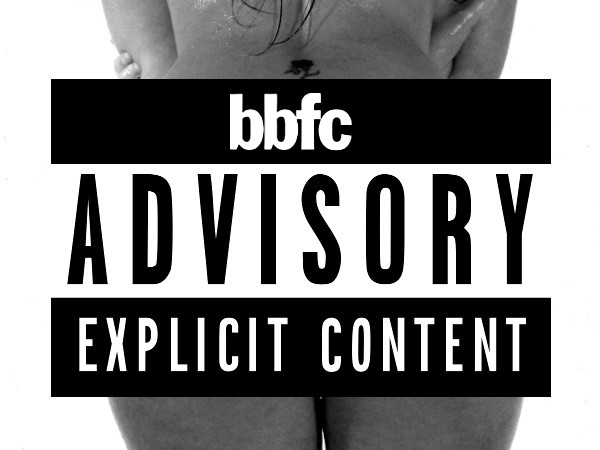UK Censors May Target Adult Site Billers
 LONDON – In an attempt to bring foreign adult websites to heel under the U.K.’s age-verification rules, the British Board of Film Classification (BBFC) may sanction billing companies and other entities that provide services to sites the organization finds not in compliance.
LONDON – In an attempt to bring foreign adult websites to heel under the U.K.’s age-verification rules, the British Board of Film Classification (BBFC) may sanction billing companies and other entities that provide services to sites the organization finds not in compliance.
The BBFC’s contract with the government was made public on Tuesday, the same day David Austin, the organization’s director, spoke to Parliament about how the board intends to approach its new censorship tasks. Members of Parliament are in the midst of evaluating the 2016 Digital Economy Bill, which redefines “pornography” and will fund the BBFC’s operation. The bill is expected to pass with few modifications.
According to Jerry Barnett, founder of the website Sex & Censorship and an outspoken critic of the U.K.’s rush to “protect children” by blocking speech of which the conservative government disapproves, the draft bill has expanded the definition of pornography to include not only hardcore material, but also “sexual/nude/erotic material.” The new regulations add still imagery and audio to the digital video content that has been under scrutiny since former Prime Minister David Cameron embarked upon a mission to clean up the web in 2013.
“This bill will begin broad and get broader,” Barnett predicted.
Until it was dissolved last year under accusations of bullying and arbitrary enforcement, the non-profit private entity ATVOD regulated broadcast media and, for the past three years, the internet under the auspices of Ofcom, the U.K. government’s communication regulator. The BBFC, also a non-profit private entity, until now primarily has classified films, videos, video games, mobile content, advertisements and movie trailers with regard to age-appropriate content. The new law will give the new regulator even stronger powers over the internet than ATVOD had, Barnett said.
“[T]he BBFC will have powers to sanction overseas providers,” he noted, adding that the kind of age-verification the BBFC will be tasked with enforcing already has been ruled unconstitutional by the U.S. Supreme Court.
Nevertheless, according to Austin’s visit with Parliament on Tuesday, the BBFC intends to exercise its U.K.-authorized enforcement power across borders in order to ensure websites based in countries including the U.S. adhere to British law.
Among the penalties Austin proposed are fines of up to $250,000 per infraction, blocking noncompliant websites by IP address, and de-indexing offenders from search engines.
More troubling, though, is that Austin admitted even those efforts may be ineffective against websites beyond U.K. jurisdiction. So, to put more teeth into the BBFC’s bite, Austin proposed to levy financial sanctions not only noncompliant websites — from which it has no real ability to collect fines — but also companies that provide services to noncompliant sites and would suffer extreme harm no matter where they are located.
International internet payment services providers are one example. Because they are licensed in many countries and are under scrutiny from banks and credit card networks, Austin believes holding them accountable for their clients’ actions will prove an insurmountable hardship for noncompliant websites.
Other examples of service providers include domain registrars and hosting companies.
In essence, Austin intends to use ancillary service providers as BBFC enforcement agents. He said BBFC intends to begin notifying large adult websites of infractions of the U.K.’s age-verification laws immediately.












